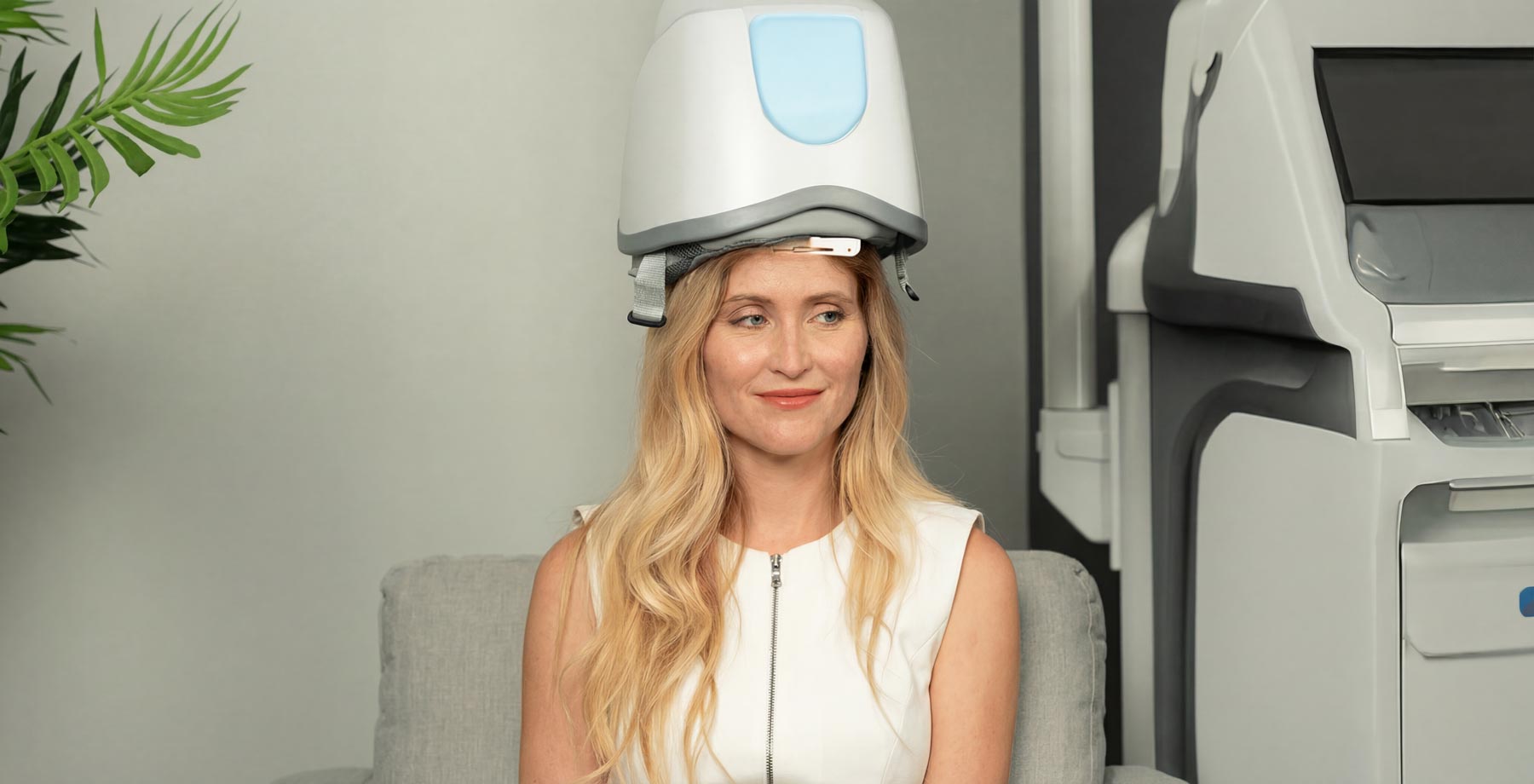.svg)


Most people don’t get better after starting their first antidepressant. Yet most mental health care still relies on the same narrow playbook — daily meds and talk therapy. At Radial, we’ve built a new model that helps those in need access the latest fast-acting, evidence-based treatments.
We are building a network of practices across the country to expand access to these breakthrough treatments including accelerated TMS, Spravato®, PRISM neurofeedback, vagus nerve neurostimulation, and more.
Our “Center of Excellence” model simplifies every step of your journey.
Provide a few key pieces of information to schedule a free discovery call with a care navigator.
Meet with a licensed clinician virtually or in-person who will work to understand your concerns and create a treatment plan for you.
Start your personalized treatment plan with continuous support and regular check-ins to track your improvement.

You deserve a care team dedicated to using the most evidence-backed, effective treatments available. Urgent problems deserve rapid solutions. Innovation should be accessible, not exclusive.
That’s why we are building a national network of practices around effective treatments like TMS, Spravato® (esketamine) and other proven treatments that can bring full remission — not just relief.

Tuesday, Mar 3 at 2:30pm
Christine Bouchard, Care Navigator
Christine will call your phone number ending in 3829
Advancing psychiatry through professional leadership



Magnetic pulses to target brain regions tied to mood — relieving depression, anxiety, and OCD without medication side effects. We offer traditional and advanced TMS approaches, including BrainsWay and AMPA.
Explore
FDA-approved esketamine nasal spray treatment works differently than traditional antidepressants, providing rapid relief for treatment-resistant depression and acute suicidal ideation in a safe, monitored setting.
Explore
Learn about other FDA-cleared treatments, like PRISM, Monarch, and Gammacore for treating PTSD, Anxiety, and ADHD — or see if you qualify for clinical trials for these and other conditions.
See all


Your care navigator will explain the process, discuss insurance and costs, and connect you with a clinician to explore today’s most advanced mental health treatments.